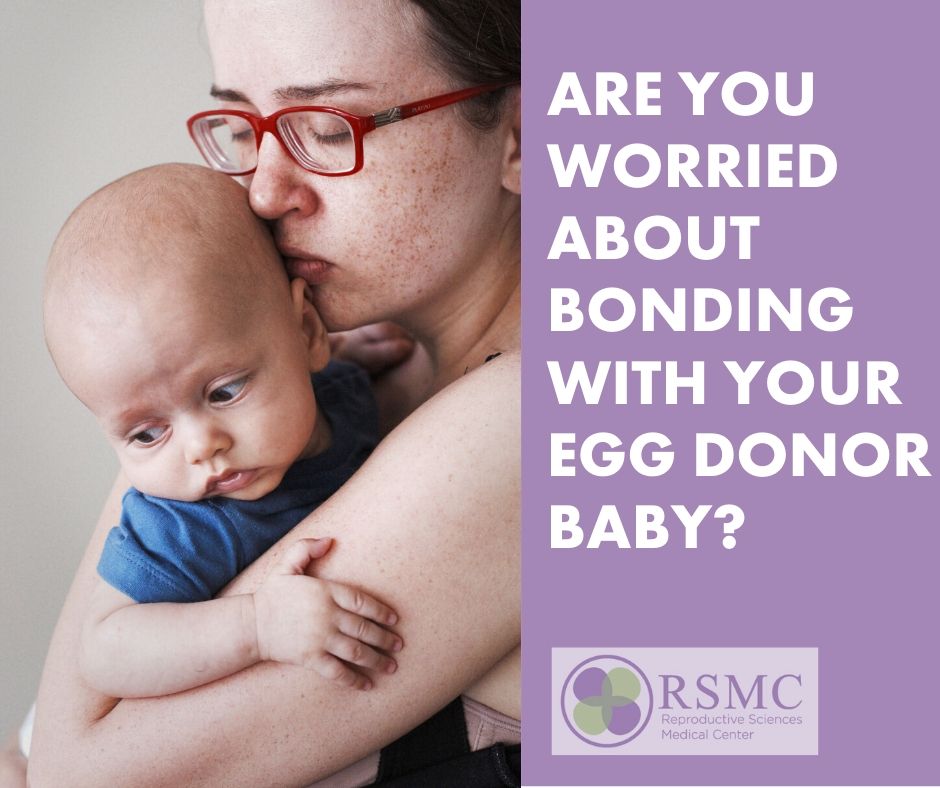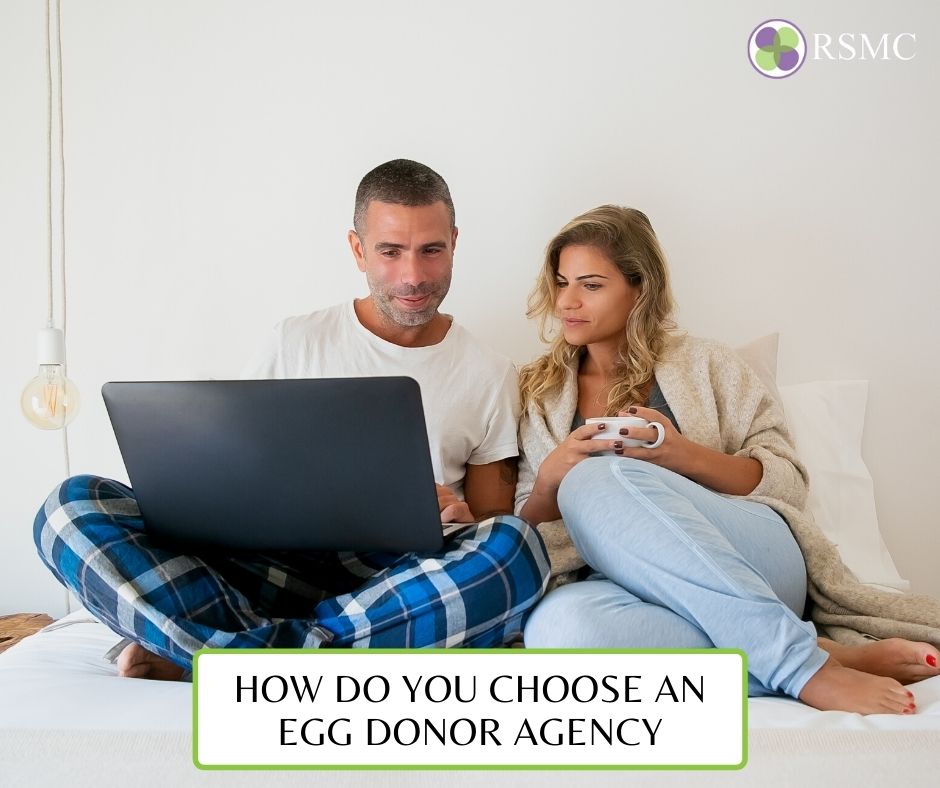It’s natural that an Egg Donor pregnancy (known as donor egg IVF treatment) will not feel the same as a traditional pregnancy. However, you can stay rest assured that a lot of women who have given birth using an egg donor say that bonding with their child is easy and enjoyable. They believe that the various challenges they encountered while trying to conceive only increased their bond with the donor baby. The strong desire to become a parent is what motivates them for an effortful bond with their baby. There are plenty of resources on IVF and how you can successfully bond with baby. These vary from articles online, in blogs and forums, and parenting magazines. Medically speaking, there is no difference between an Egg Donor pregnancy and a traditional pregnancy. You are going to
feel just like every other new parent: happy, excited, frightened, exhausted, and irrevocably in love.
Remember your hormones
Women need to remember that their hormones fluctuate immediately after giving birth. This may make new mothers – and, indirectly, new dads–moody. It is important to note that it’s normal to have mood swings during the first few weeks after childbirth.
Excuse yourself from your newborn when you want to eat, rest, exercise, or shower. Grandparents and other caregivers should help parents to regain their health as soon as possible after delivery. It will facilitate new baby bonding. You don’t have to be worried. This time away from your baby will not harm the relationship between you two. Instead, taking good care of yourself will make it easier to bond with your baby and give them the proper care and support they need.
Post-pregnancy problems in donor egg IVF treatment
Even after finding an Egg Donor, you may still face many common health problems in pregnancy. Post-pregnancy issues in donor egg IVF treatment include a variety of things such as stretch marks, vaginal infections, postpartum depression, constipation, and excessive bleeding. While these problems may mean that you need to spend a considerable amount of time caring for yourself. These issues will not cause any emotional impediment to your relationship with your baby. Go to your doctor regularly for checkups, therapy treatments, and advice on helping overcome your post-pregnancy problems.
Utilizing The Key Factors In Developmental Stages
While in the development phase, there might be certain emotional complexities involved in parental care towards the child’s development. However, the increased practice of using an Egg Donor indicates that egg donor babies and their parents can bond perfectly well. Families have functioned well with successive socio-psychological attachments in terms of both parties, the child and the parents. Here are the key factors and stages involved in development.
Neonatal Attachment
The infant, even at the moment of delivery, is not entirely stoic. They can observe rudimentary senses while ignoring others. In some medical presumptions, it’s crucial to construct a homely ambiance to have strong bonds in the future. Positive expressions of smile and satisfaction serve as a connective unit for reliance, security, and warmth.
Early Infancy Phase
During their third month, infants begin to recognize the responses and attach emotions with it. In this stage, infants start connecting with their environment. Between about two to nine months, the senses receive stimuli and can generate responses. The baby’s attachment towards the caregiver increases, and it internalizes the behavior of its parents. Trust plays a crucial role in this developmental stage if you are using an egg donor.
Gender
It is possible to internalize any type of influence, corresponding precisely to gender, and help shape the child’s psychology towards gender. It alters the responses elicited by children. Even subtle gender stereotypes are closely observed and subconsciously, if not in concrete memory, intervene in an infant’s gender identity. You can develop a close bond with your baby by helping them in this stage of their life. Consequently, the child will seek advice and understanding from the caregiver in matters of importance to him/her, thereby advancing their relationship.
Effects Of Illness In Childhood
Any kind of illness or injury in an infant’s life can put a strain on the relationship between a parent and a child. During the time of injury, the family’s response reflects vividly upon their progressive psyche. By trying to minimize the harmful psychological and physical effects of the injury, the caregiver must abstain from negative expressions of fear, apprehension, and maintain a compassionate and positive attitude. This can result in a healthy emotional relationship with the child.
Pay attention to details
Newborns grow and develop rapidly, and it is good to pay a lot of attention to their little moments. Experts even recommend that parents should keep a journal of these precious details in egg donor pregnancy. This may be in the place of or in addition to making a scrapbook or baby book. There are even applications that tech-savvy parents can use to save baby memories digitally.
Role of alternate caregivers/family:
Traditionally the alternative role of the caregiver is fulfilled by the father. Though the mother is the primary caregiver. However, with time, family structures have changed, and single-parent families have become common. This is especially true with the advancement of donor egg IVF treatments. For a single parent, bonding with a donor baby can get difficult considering the lack of help they have. To bond with your baby, you need assistance for household tasks. Experts also recommend having more than one figure at home to benefit the overall socio-psychological development of the child. It will give an ambiance to the family hood. On the contrary, if babies do not develop personal relationships with other people, they can become isolated.
Give it some time
Many parents are overwhelmed by the new parenting role after having a baby utilizing this process. This can make them feel underwhelmed about the newborn. Don’t panic if you discover that your new baby does not wow you upon arrival. This is natural and not a reflection of the type of pregnancy you had.
Remember that your newborn baby is yours and yours alone!. Try to indulge in skin-to-skin bonding time. Also, look straight into the eyes of your baby when you are feeding him or her. The more your blood sugar levels, sleep schedules, hormones, etc., adjust to their new routine, the easier your unique baby bonding experience is going to become.
If you still have questions regarding fertility treatment options or bonding with a donor baby, we’re here to help! You can always reach out to Reproductive Sciences Medical Center at fertile.com or call (858) 436-7186 to schedule a consultation.























